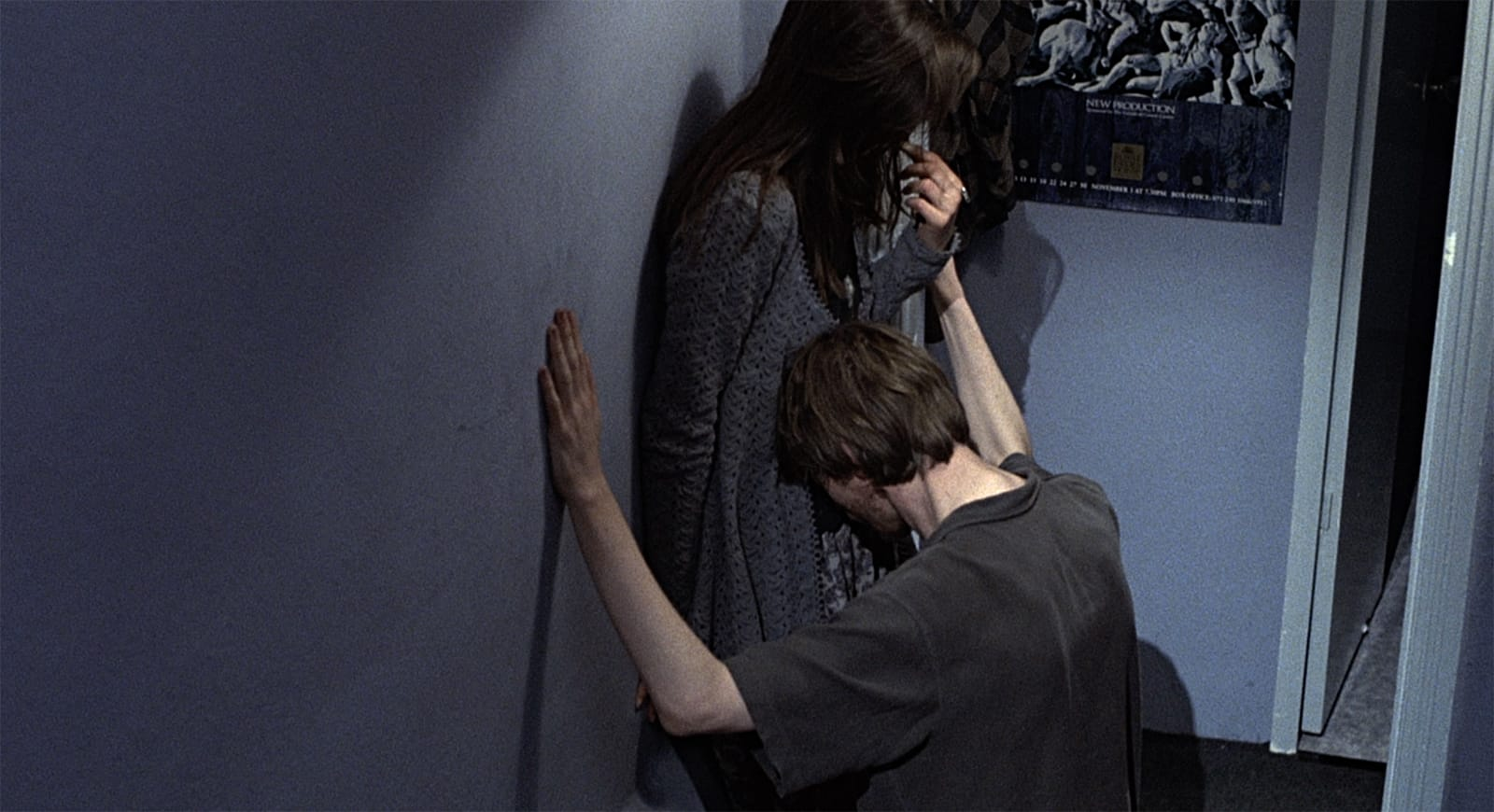A Sit-Down with Mike Leigh

Mike Leigh’s endless fascination with human behavior is palpable in every one of the films he’s made over the course of his nearly fifty-year career. With an acute sensitivity to rhythm, character, and setting, he extracts extraordinary moments from the flow of ordinary life. And while his preoccupations with class tensions and strained family dynamics have followed him throughout the years, his work has taken on a variety of forms, from domestic dramas like Life Is Sweet and All or Nothing to period films like Topsy-Turvy and Peterloo, which is coming to theaters this weekend. Even at their most melancholy, his movies are fueled by a sense of constant motion that gives even the heaviest of subjects a kind of buoyancy—a feeling that recalls a line Brenda Blethyn delivers in Secrets and Lies: “You gotta laugh, ain’t ya, sweetheart? Or else you’d cry.”
After growing up in postwar Manchester, Leigh experienced his artistic awakening in the cultural ferment of 1960s London, where he studied acting at the Royal Academy of Dramatic Art (RADA). He spent several years pursuing his passion for writing and directing by making plays and television films, and the methods he developed in those early works—long periods of improvisation and rehearsal, close collaboration with his actors—would go on to influence his approach to cinema. He’s been honing these strategies for nearly half a century now, and at seventy-six, he shows no sign of changing his ways.
I had a chance to sit down with Leigh on a rain-soaked morning during the Toronto International Film Festival, where he was premiering Peterloo, a stirring re-creation of a bloody massacre that occurred in Manchester in 1819. Over tea we discussed his early days as a filmgoer, the amount of research that goes into making his films feel so lived-in, and what he enjoys about postproduction.
I’m curious if you have a first movie memory.
I know the first movie that I saw: Bambi. But here’s the thing. I was born during the war, and in the forties and fifties there were movie houses of all shapes and sizes all over the place. I lived not very far from the center of Manchester, but from our house you could walk to fourteen different movie houses. Some were real dropping-to-bits prewar crap, and some were quite nice. The big one was called the Rialto. But until I was seventeen and I went to drama school I never saw a movie that wasn’t in English. In my later teens I started to read about Eisenstein, but I never saw those films. Everything was Hollywood or British movies. That was my diet, and I was hooked.
Of course, when I got my scholarship to the Royal Academy of Dramatic Art and went to London—bang!—that was in 1960, so Breathless was playing there was Cassavetes’s first film, Shadows, on the screens at that moment; and there were Bergman, the Italian neorealists, Satyajit Ray, and Japanese cinema, and I finally got to see Eisenstein. It was a mindblower.
 Naked
Naked



 Life Is Sweet
Life Is Sweet Topsy-Turvy
Topsy-Turvy


